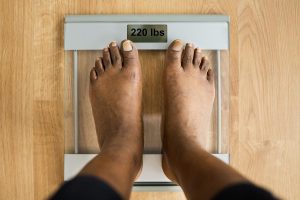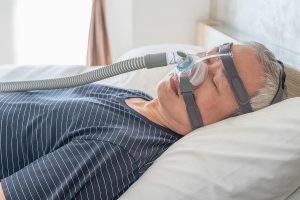The lost hour of sleep when clocks spring forward for daylight saving time on Sunday, March 13 can pose risks to your heart — but there are ways to protect yourself.
A number of studies have found an increase in heart problems and stroke after the spring time change, according to the American Heart Association.
One study from New York found that hospital admissions for the heart rhythm disorder atrial fibrillation (a-fib) rise Monday to Thursday after the springtime switch, but it doesn’t occur when daylight saving time ends in the fall.
A Michigan study found a 24% increase in heart attacks on the Monday after the spring switch, compared with a 21% reduction in heart attacks on the Tuesday after the fall time change.
And Finnish researchers reported an 8% rise in ischemic stroke (blocked blood flow in the brain) during the first two days after the spring switch.
“We don’t really know the specific reason for increases in heart disease and stroke during the daylight saving time change, but it likely has something to do with the disruption to the body’s internal clock, or its circadian rhythm,” said Dr. Donald Lloyd-Jones, president of the American Heart Association (AHA).
“If you are already at risk for cardiovascular disease, the time change could be even more risky,” Lloyd-Jones warned in an AHA news release. “It’s important to work on improving your health risk factors all year long, and there are some specific steps you can take to prepare for the impact of ‘springing forward’ each spring.”
Here’s his advice:
- Prepare now by getting as much light as possible each day to help your body rhythm adjust to the upcoming time change.
- Start going to bed a bit earlier in the evenings ahead so you’re well-rested going into the time change.
- Don’t consume extra caffeine to help combat daytime tiredness. Too much caffeine is bad for your heart.
- Don’t nap. Doing so can make it harder to sleep at night.
The best way to prepare for the time change is to make gradual lifestyle improvements year-round, Lloyd-Jones said. Boost your physical activity. Have your cholesterol and blood pressure checked. Adopt good sleep habits and eat smart.
“These healthy lifestyle behaviors won’t only soften the annual biological clock shock, they are proven ways to reduce your risk of heart disease and stroke, helping you live a longer, healthier life,” Lloyd-Jones said.
More information
The American Academy of Sleep Medicine has more on daylight saving time.
SOURCE: American Heart Association, news release, March 3, 2022
Source: HealthDay
Copyright © 2026 HealthDay. All rights reserved.











-300x200.jpeg)





